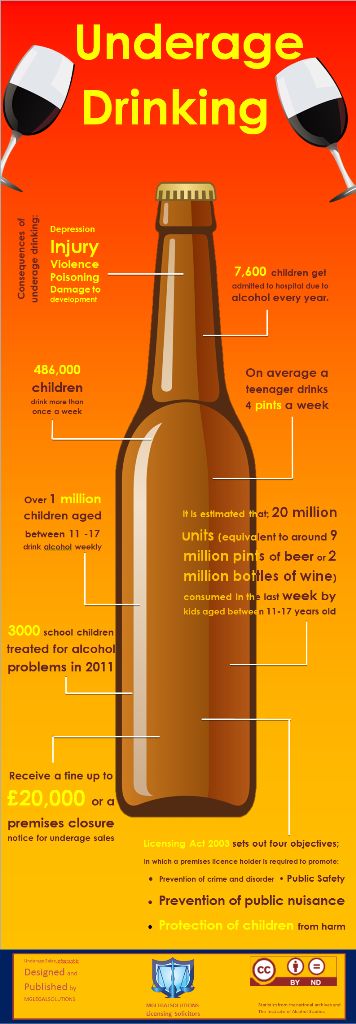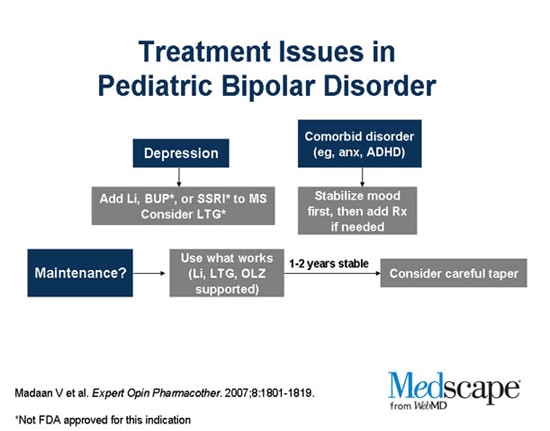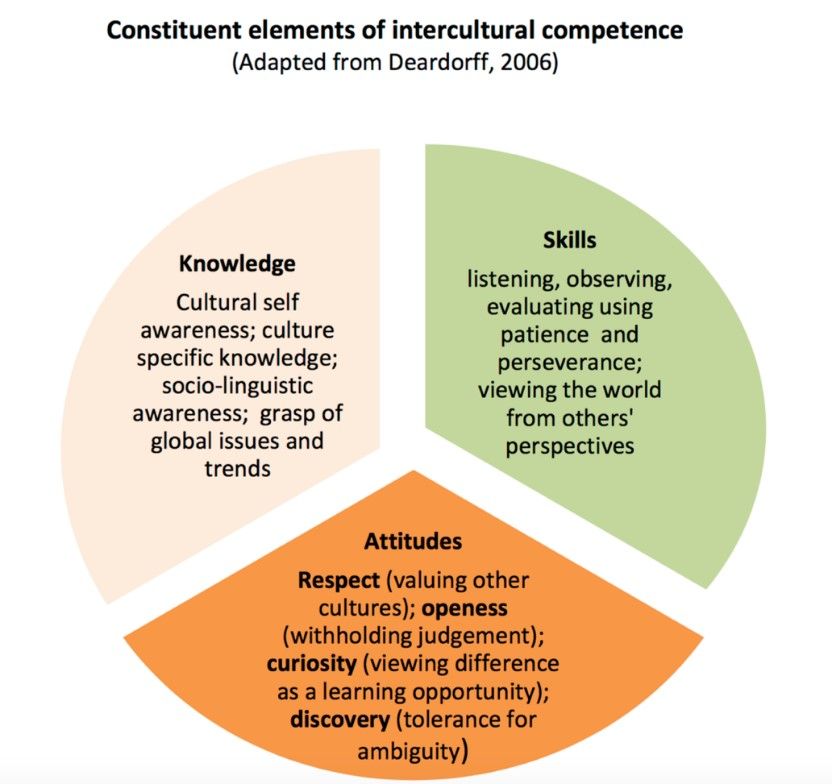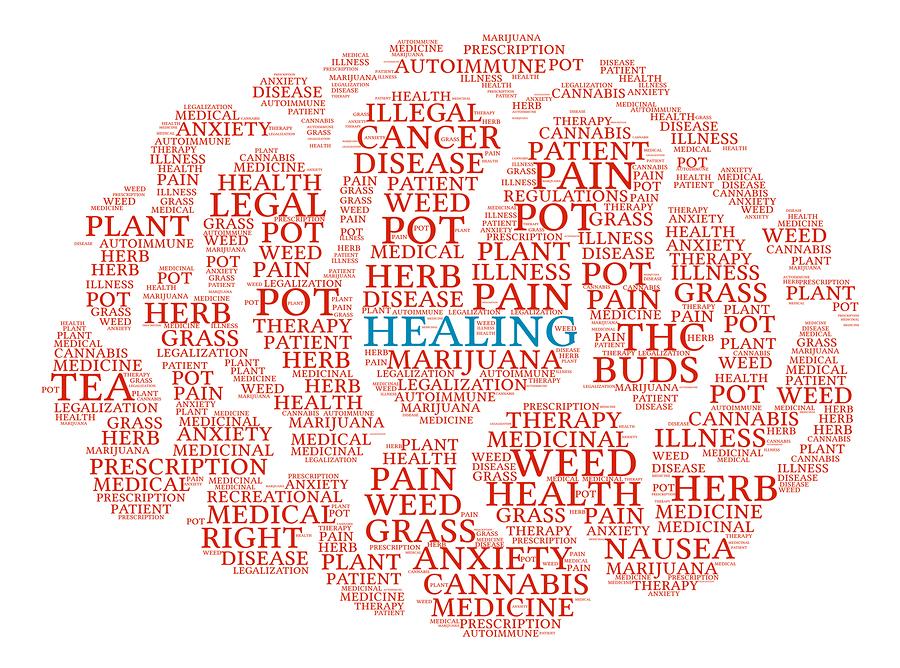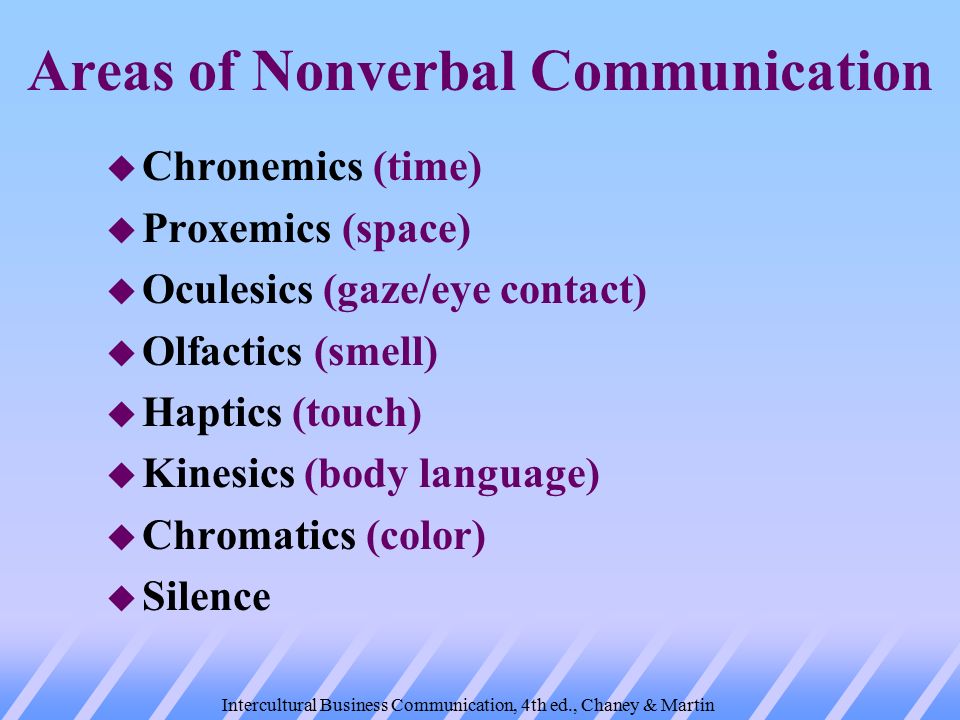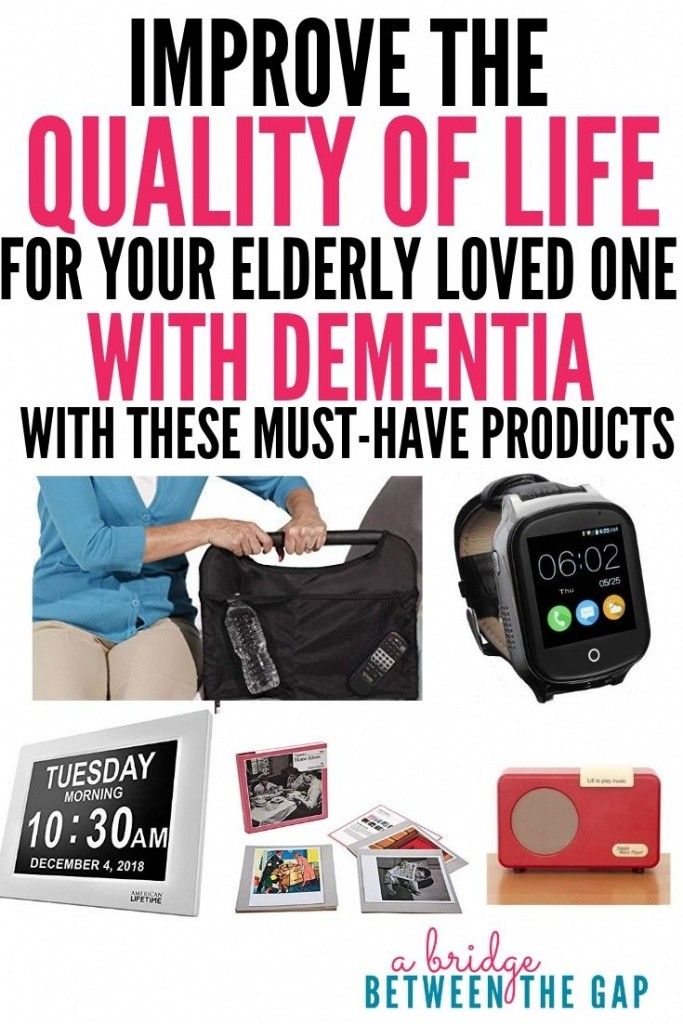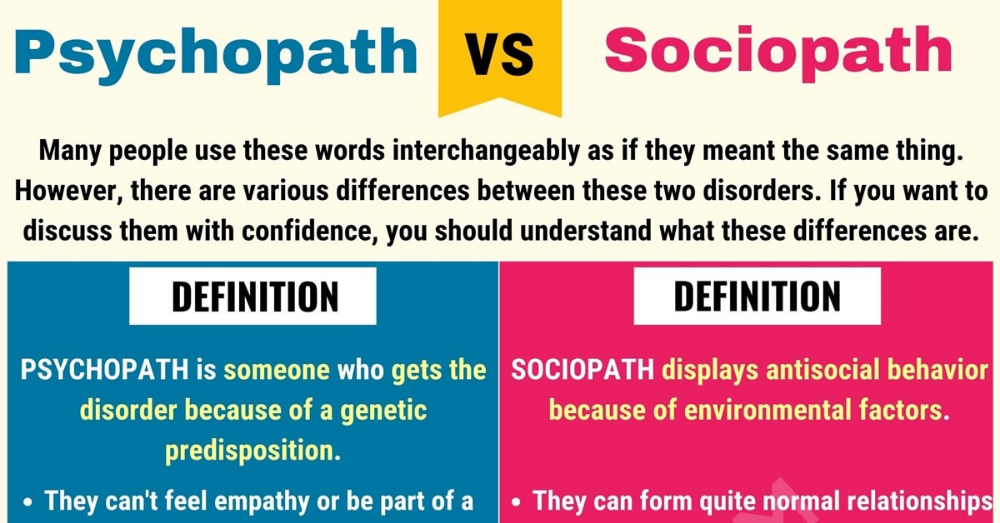Drink and depression
Alcohol and Depression: Is Drinking a Cause?
What is depression?Most of us have days when we feel a bit low. But for some people, these feelings don’t go away – they get worse and their feelings of depression can start to interfere with everyday life.
Sometimes (although not always) there's a trigger for depression.
Common triggers include other physical health problems (particularly if they are severe or long-term), relationship problems, unemployment, divorce and bereavement. It can also be caused by drinking alcohol, and - If you’re already feeling depressed - drinking can make symptoms worse.1,2
The symptoms of depression range from mild to severe. But with the right treatment and support, most people with depression can make a full recovery.
If you need urgent help with your mental health, you don’t have to struggle alone. Get support straight away from the NHS.
Symptoms of depressionDepression can cause both physical and psychological symptoms – and they are different for everyone. 3
Signs to look out for include things like continuous low mood or sadness, feeling hopeless and helpless, having no motivation or interest in things, and - for some people - thoughts about harming themselves.
Physical symptoms can include changes in appetite or weight (usually decreased, but sometimes increased), lack of energy, low sex drive and disturbed sleep.
If you experience symptoms of depression for most of the day, every day, for a few weeks, the NHS advises you to contact your GP surgery to get help. And if you’re worried about your drinking, there are alcohol support services that can help.
Find out more about alcohol support services
Depression is different to anxiety (a feeling of worry or fear about what might happen, inability to concentrate and – for some people - panic attacks). But depression and anxiety sometimes go together - feeling anxious and worrying constantly can make you feel low. You can find out more on our alcohol and anxiety webpage.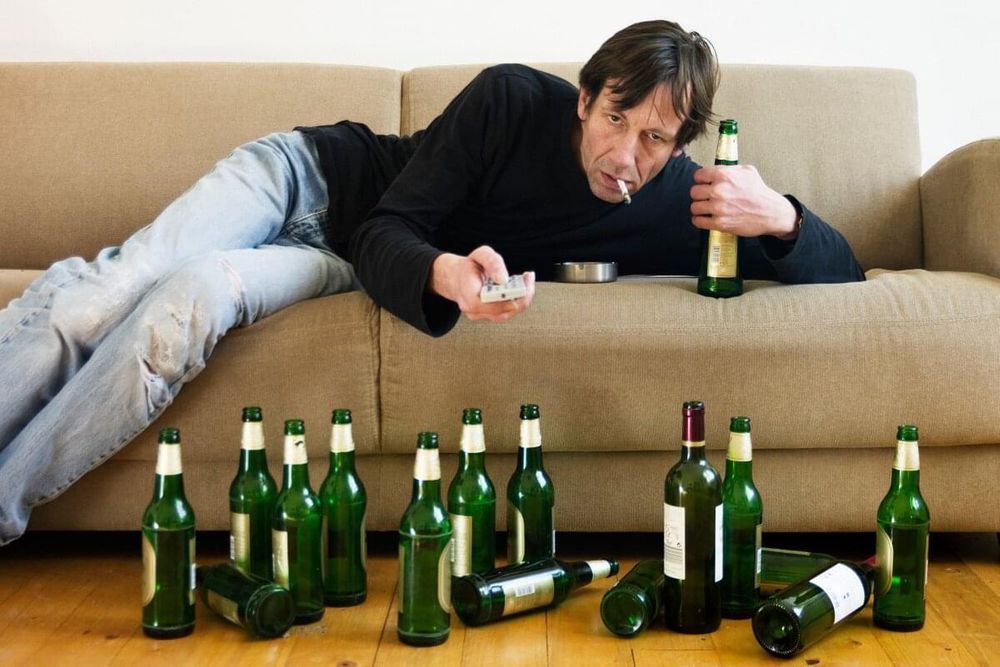
Alcohol is a depressant: it alters the delicate balance of chemicals in your brain.4
Drinking heavily and regularly is associated with depression.5,6
If you drink more than the UK Chief Medical Officers low risk drinking guidelines (it’s safest to drink no more than 14 units a week, spread over three or more days with several drink-free days, and no bingeing) it can have a negative effect on your brain chemistry, and lead to worse mental health.
14 units is equivalent to six pints of average strength beer or six medium (175ml) glasses of average strength wine.
Are you drinking more than the low risk guidelines?
Alcohol slows down processes in your brain and central nervous system, and can initially make you feel less inhibited.7 In the short-term, you might feel more relaxed - but these effects wear off quickly.
The more you drink the greater your tolerance for alcohol
, meaning you need to drink more alcohol to get the same feeling.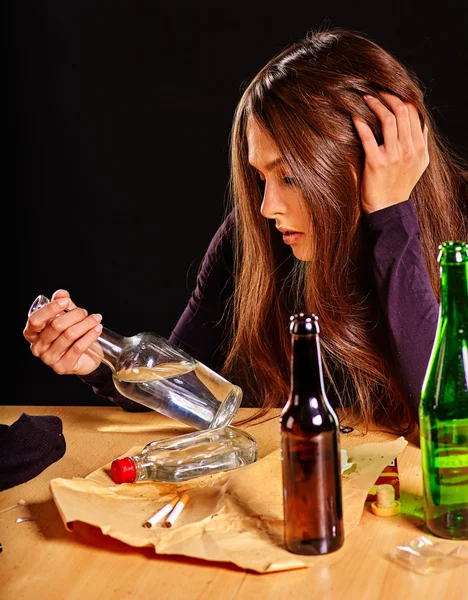 If you rely on alcohol to mask feelings of depression, you may find you become reliant on it – putting you at risk of alcohol dependence. For some people alcohol can be a trigger for suicidal thoughts too.
If you rely on alcohol to mask feelings of depression, you may find you become reliant on it – putting you at risk of alcohol dependence. For some people alcohol can be a trigger for suicidal thoughts too.
If you feel unable to keep yourself safe or think you might harm yourself it’s a mental health emergency. Call 999, contact your local mental health crisis team or go straight to A&E if you’re able to safely.
Depression and binge drinkingResearch studies have found that binge drinkers are more likely to have symptoms of depression,8 with people who reported regular hangovers most at risk.9
In addition, binge drinking (more than eight units of alcohol in a single session for men, or six for women) puts you at greater risk of accidents and injuries,10 and can also cause other serious health problems like alcohol poisoning. 11,12
11,12
Are you binge drinking? Check the signs
Alcohol is known to affect several nerve-chemical systems which are important in regulating mood.
Relieving depression linked to drinkingThe good news is that reducing or stopping drinking can improve your mood and mental health.13,14
In fact, people who are depressed often find that cutting out alcohol entirely for just four weeks makes a clear difference in how they feel.15,16 It’s important to keep it up in the longer-term too – because the drinking and depression are linked, going back to high risk drinking can bring the symptoms back.
The Royal College of Psychiatrists recommend that for people who need help with both their drinking and depression, it’s usually best to tackle the alcohol first and then deal with the depression afterwards, if it hasn’t lifted after a few weeks. 17
After lowering alcohol consumption for a few alcohol-free weeks, many people find they feel better.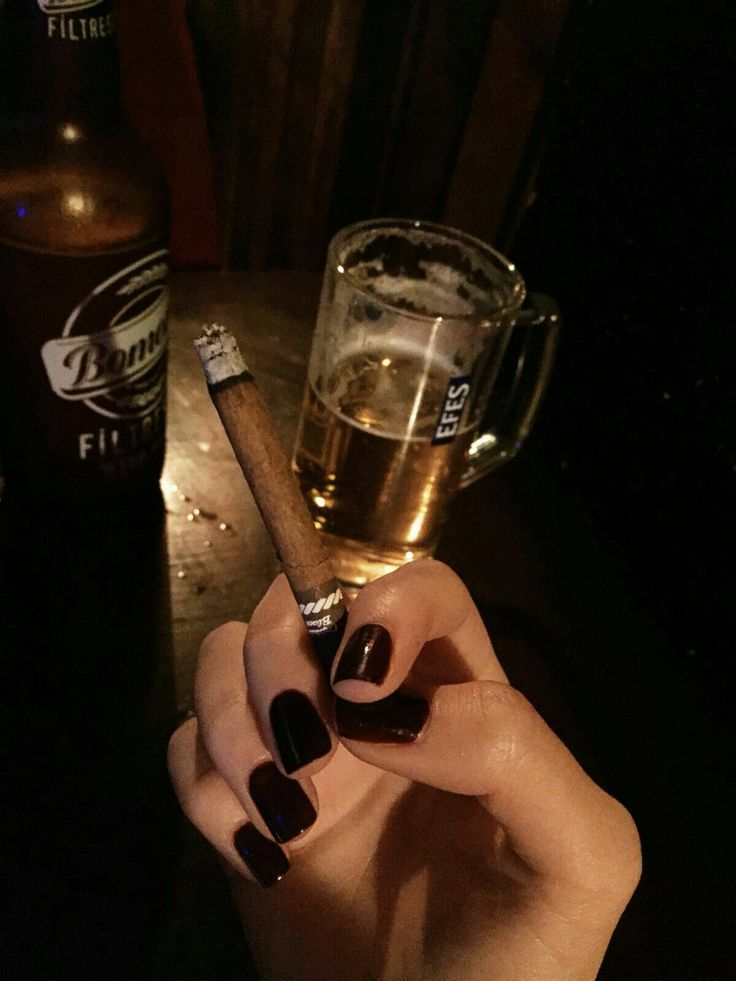
By drinking less, you may find it less difficult to get up and face the day, and friends and family may find you easier to get along with.18
To reduce the risk of your symptoms returning, if you decide to resume drinking alcohol in the future, make sure you follow your doctor’s advice. As a minimum, you should stick within the UK Chief Medical Officers’ low risk drinking guidelines: don’t drink more than 14 units a week ( for both men and women), have several alcohol-free days each week and never binge drink.
A good way of keeping track of how much you’re drinking - to help spot patterns, avoid your triggers and stay within the low risk drinking guidelines – is with the MyDrinkaware app. Download the app now – it’s completely free to use.
Activities for drink free days
Getting help for persistent depressionIf you’re still experiencing symptoms of depression after a few weeks, the NHS advises you to contact your GP surgery.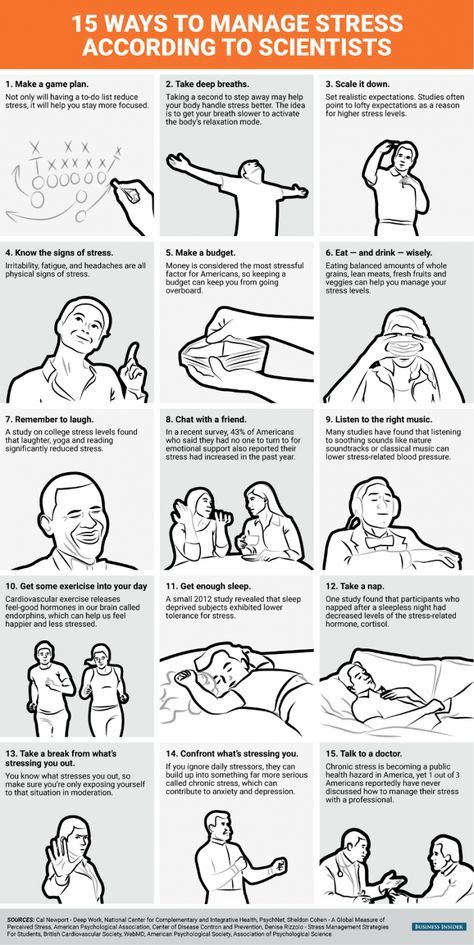
Remember to tell them about how much you drink or, if you’ve stopped, how long you’ve been alcohol-free. Your GP may recommend a talking therapy such as counselling or CBT (Cognitive Behavioural Therapy), or a self-help group.
They may also prescribe you antidepressant medication. If you are prescribed an anti-depressant, you shouldn’t drink any alcohol without checking with your doctor or pharmacist first – many aren’t suitable to be taken alongside alcohol.19,20
Find out more about medication and alcohol
The NHS website, Every Mind Matters, has advice on how to access support and treatment for depression in England. This includes options for NHS support, links to charities, helplines and communities, and tips on self-care.
- NHS Every Mind Matters – support and treatment for depression
If you are in Scotland, Wales or Northern Ireland, there is separate advice on getting help with depression.
- Scotland – NHS inform
- Wales – NHS mental health and wellbeing
- Northern Ireland – NI Direct, mental health
Drinkchat is a free service for anyone who is looking for information or advice about their own, or someone else’s, alcohol use. Their trained advisors are on hand between 9am and 2pm every weekday to give you confidential advice through an online chat service.
Their trained advisors are on hand between 9am and 2pm every weekday to give you confidential advice through an online chat service.
If you would prefer to speak to someone on the phone, you can call Drinkline on 0300 123 1110 (available weekdays from 9am–8pm and 11am – 4pm at the weekend).
Chat with an advisor
Alcohol support services
If you are concerned that you or someone you care about has a problem with alcohol there is a lot of help available. Here you can find useful links and phone numbers to get the support you need.
Support services
Am I alcohol dependent? How to reduce your drinking Worried about someone else's drinking? How to stop drinking alcohol completely
References
[1]
Boden, J. M. and Fergusson, D.M. (2011). Alcohol and depression. Addiction, 106(5), 906-914.
M. and Fergusson, D.M. (2011). Alcohol and depression. Addiction, 106(5), 906-914.
[2] Pedrelli, P., Shapero, B., Archibald, A., & Dale, C. (2016). Alcohol use and depression during adolescence and young adulthood: A summary and interpretation of mixed findings. Current Addiction Reports, 3(1), 91–97. https://doi.org/10.1007/s40429-016-0084-0
[3] NHS website. Clinical depression – symptoms. (Accessed 27 April 2022) Available at: https://www.nhs.uk/mental-health/conditions/clinical-depression/symptoms/
[4]
Abrahao, K. P., Salinas, A. G., & Lovinger, D. M. (2017). Alcohol and the Brain: Neuronal Molecular Targets, Synapses, and Circuits. Neuron, 96(6), 1223–1238. https://doi.org/10.1016/j.neuron.2017.10.032
Neuron, 96(6), 1223–1238. https://doi.org/10.1016/j.neuron.2017.10.032
[5] Bellos, S., et al. (2013). "Cross-cultural patterns of the association between varying levels of alcohol consumption and the common mental disorders of depression and anxiety: Secondary analysis of the WHO Collaborative Study on Psychological Problems in General Health Care." Drug and alcohol dependence 133(3): 825-831.
[6] Keyes, K. M., Allel, K., Staudinger, U. M., Ornstein, K. A., & Calvo, E. (2019). Alcohol consumption predicts incidence of depressive episodes across 10 years among older adults in 19 countries. International Review of Neurobiology, 148, 1–38. https://doi.org/10.1016/bs.irn.2019.09.001
[7]
Gan, G.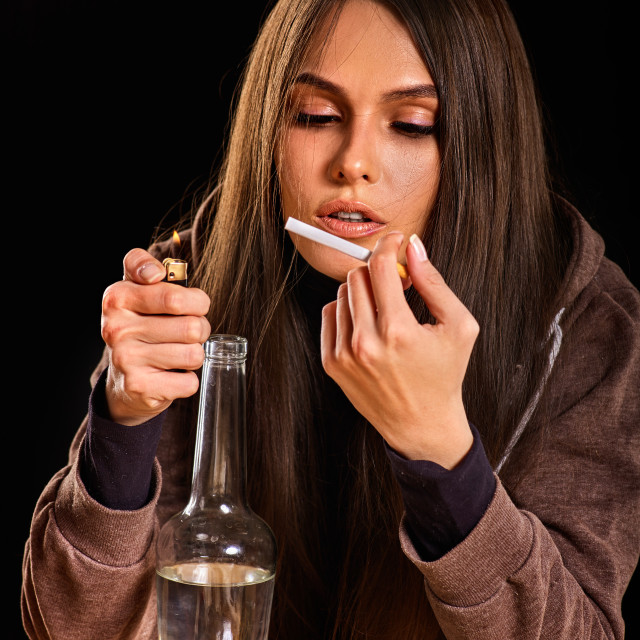 , Guevara, A., Marxen, M., Neumann, M., Jünger, E., Kobiella, A., Mennigen, E., Pilhatsch, M., Schwarz, D., Zimmermann, U.S. and Smolka, M.N., 2014. Alcohol-induced impairment of inhibitory control is linked to attenuated brain responses in right fronto-temporal cortex. Biological psychiatry, 76(9), pp.698-707. Available at: biologicalpsychiatryjournal.com/article/S0006-3223(14)00015-8/abstract. [Accessed 23 February 2017].
, Guevara, A., Marxen, M., Neumann, M., Jünger, E., Kobiella, A., Mennigen, E., Pilhatsch, M., Schwarz, D., Zimmermann, U.S. and Smolka, M.N., 2014. Alcohol-induced impairment of inhibitory control is linked to attenuated brain responses in right fronto-temporal cortex. Biological psychiatry, 76(9), pp.698-707. Available at: biologicalpsychiatryjournal.com/article/S0006-3223(14)00015-8/abstract. [Accessed 23 February 2017].
[8] Lannoy, S., Duka, T., Carbia, C., Billieux, J., Fontesse, S., Dormal, V., Gierski, F., López-Caneda, E., Sullivan, E. V., & Maurage, P. (2021). Emotional processes in binge drinking: A systematic review and perspective. Clinical Psychology Review, 84, 101971. https://doi.org/10.1016/j.cpr.2021.101971
[9]
Paljärvi, T.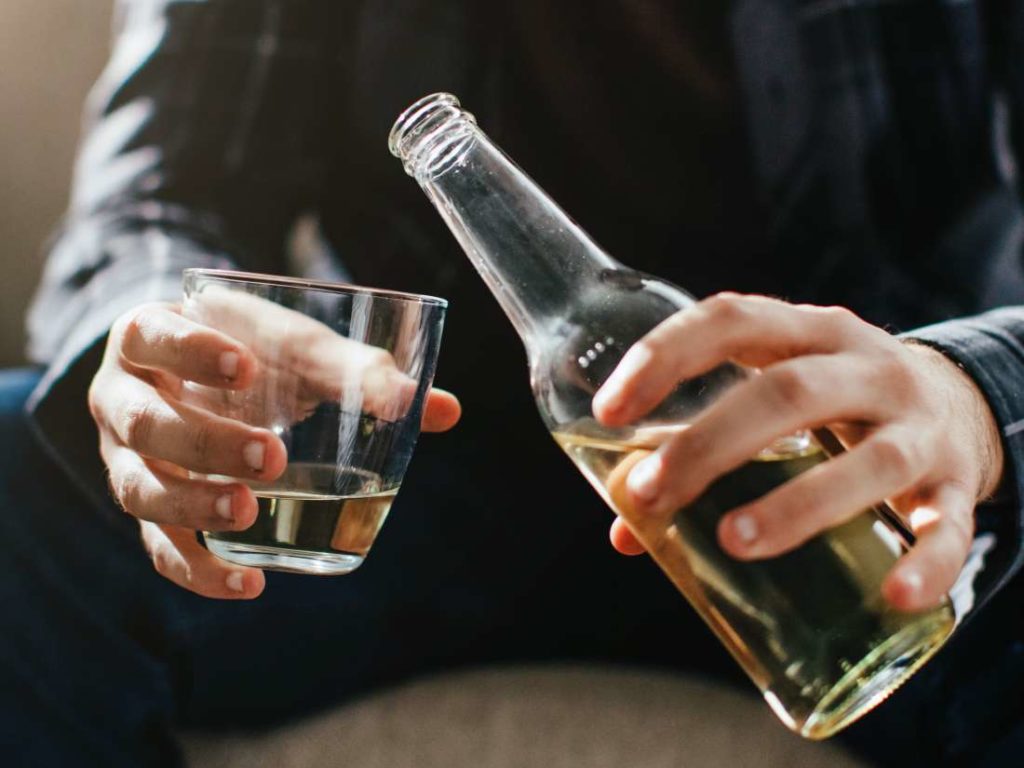 , Koskenvuo, M., Poikolainen, K., Kauhanen, J., Sillanmäki, L., & Mäkelä, P. (2009). Binge drinking and depressive symptoms: a 5-year population-based cohort study. Addiction (Abingdon, England), 104(7), 1168–1178. https://doi.org/10.1111/j.1360-0443.2009.02577.x
, Koskenvuo, M., Poikolainen, K., Kauhanen, J., Sillanmäki, L., & Mäkelä, P. (2009). Binge drinking and depressive symptoms: a 5-year population-based cohort study. Addiction (Abingdon, England), 104(7), 1168–1178. https://doi.org/10.1111/j.1360-0443.2009.02577.x
[10] Department of Health (2016), UK Chief Medical Officers’ Alcohol Guidelines Review: Summary of the proposed new guidelines.
[11] Vonghia, L., Leggio, L., Ferrulli, A., Bertini, M., Gasbarrini, G., Addolorato, G., & Alcoholism Treatment Study Group (2008). Acute alcohol intoxication. European journal of internal medicine, 19(8), 561–567. https://doi.org/10.1016/j.ejim.2007.06.033
[12]
Stanesby, O.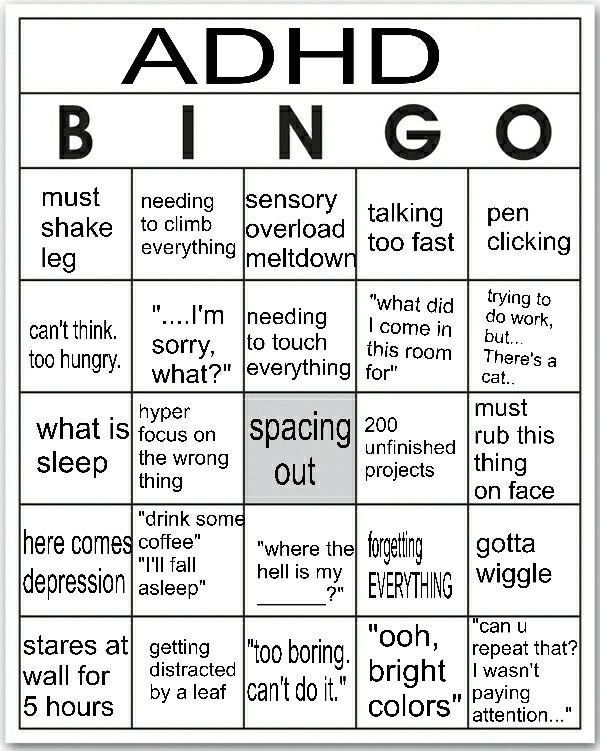 , Labhart, F., Dietze, P., Wright, C. J. C., & Kuntsche, E. (2019). The contexts of heavy drinking: A systematic review of the combinations of context-related factors associated with heavy drinking occasions. PLOS ONE, 14(7), e0218465. https://doi.org/10.1371/journal.pone.0218465
, Labhart, F., Dietze, P., Wright, C. J. C., & Kuntsche, E. (2019). The contexts of heavy drinking: A systematic review of the combinations of context-related factors associated with heavy drinking occasions. PLOS ONE, 14(7), e0218465. https://doi.org/10.1371/journal.pone.0218465
[13] Boden, J.M. and Fergusson, D.M. (2011). Alcohol and depression. Addiction, 106(5), 906-914.
[14] Keyes, K. M., Allel, K., Staudinger, U. M., Ornstein, K. A., & Calvo, E. (2019). Alcohol consumption predicts incidence of depressive episodes across 10 years among older adults in 19 countries. International Review of Neurobiology, 148, 1–38. https://doi.org/10.1016/bs.irn.2019.09.001
[15]
Sari, Y. (2017). Commentary: Targeting NMDA receptor and serotonin transporter for the treatment of comorbid alcohol dependence and depression. Alcoholism, Clinical and Experimental Research, 41(2), 275.
Alcoholism, Clinical and Experimental Research, 41(2), 275.
[16] De Visser, R. O. and Nicholls, J. (2020). Temporary abstinence during Dry January: predictors of success; impact on well-being and self-efficacy. Psychology & Health. 1-13.
[17] Royal College of Psychiatrists website. Alcohol and depression. (Accessed 27 April 2022). Available at: https://www.rcpsych.ac.uk/mental-health/problems-disorders/alcohol-and-depression
[18] Charlet, K., & Heinz, A. (2017). Harm reduction-a systematic review on effects of alcohol reduction on physical and mental symptoms. Addiction Biology, 22(5), 1119–1159. https://doi.org/10.1111/adb.12414
Was this information helpful?
Last Reviewed: 1st July 2022
Next Review due: 1st July 2025
Newsletter
Tips to change your relationship with alcohol
SAMHSA’s National Helpline | SAMHSA
Your browser is not supported
Switch to Chrome, Edge, Firefox or Safari
Main page content
-
SAMHSA’s National Helpline is a free, confidential, 24/7, 365-day-a-year treatment referral and information service (in English and Spanish) for individuals and families facing mental and/or substance use disorders.
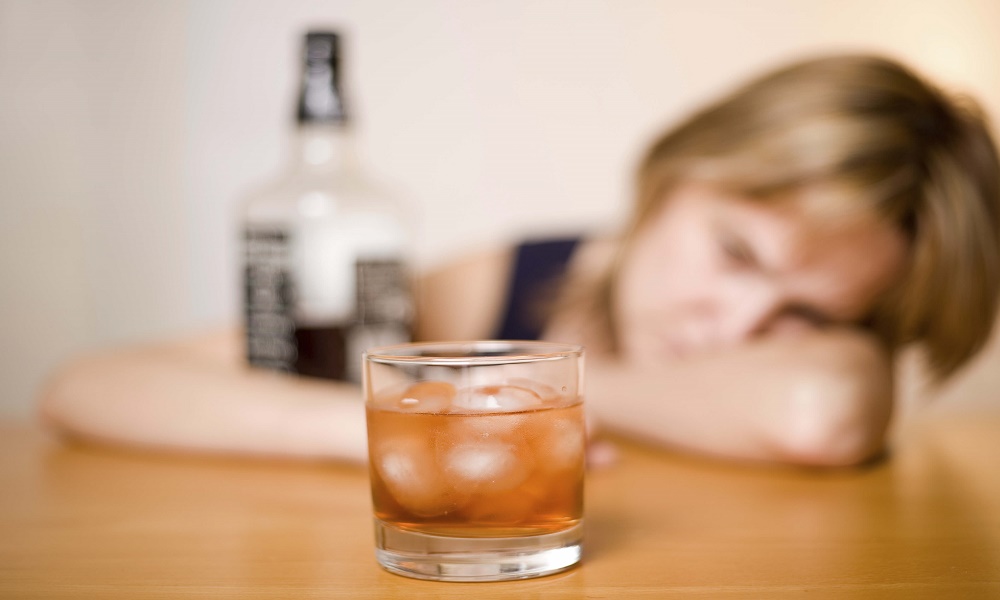
Also visit the online treatment locator.
SAMHSA’s National Helpline, 1-800-662-HELP (4357) (also known as the Treatment Referral Routing Service), or TTY: 1-800-487-4889 is a confidential, free, 24-hour-a-day, 365-day-a-year, information service, in English and Spanish, for individuals and family members facing mental and/or substance use disorders. This service provides referrals to local treatment facilities, support groups, and community-based organizations.
Also visit the online treatment locator, or send your zip code via text message: 435748 (HELP4U) to find help near you. Read more about the HELP4U text messaging service.
The service is open 24/7, 365 days a year.
English and Spanish are available if you select the option to speak with a national representative.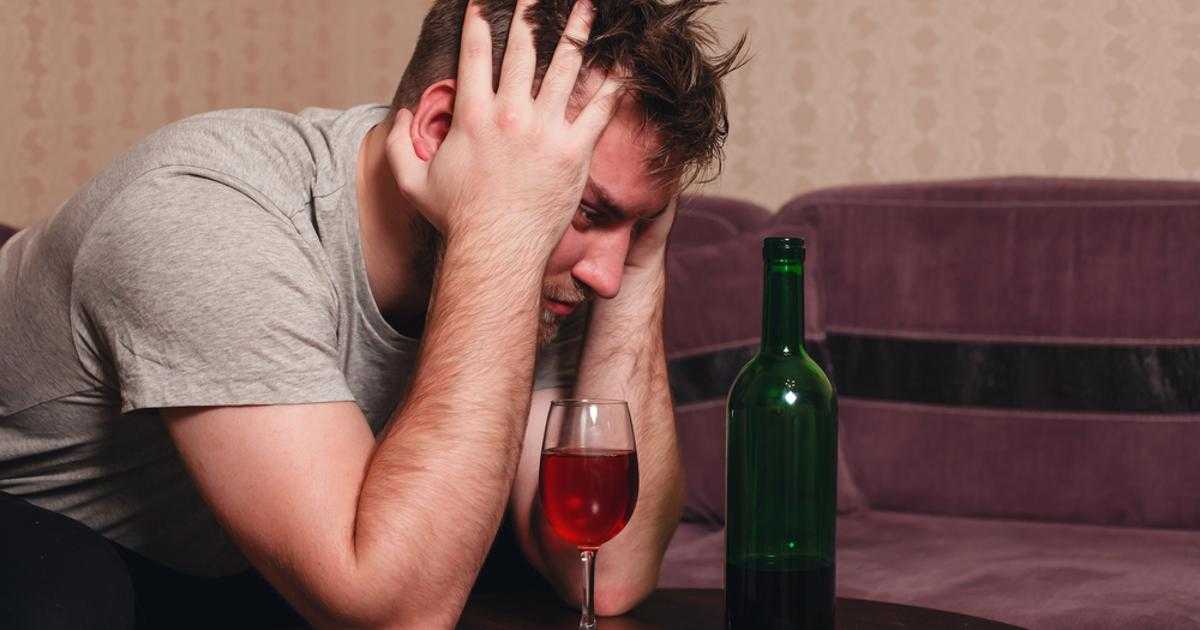 Currently, the 435748 (HELP4U) text messaging service is only available in English.
Currently, the 435748 (HELP4U) text messaging service is only available in English.
In 2020, the Helpline received 833,598 calls. This is a 27 percent increase from 2019, when the Helpline received a total of 656,953 calls for the year.
The referral service is free of charge. If you have no insurance or are underinsured, we will refer you to your state office, which is responsible for state-funded treatment programs. In addition, we can often refer you to facilities that charge on a sliding fee scale or accept Medicare or Medicaid. If you have health insurance, you are encouraged to contact your insurer for a list of participating health care providers and facilities.
The service is confidential. We will not ask you for any personal information. We may ask for your zip code or other pertinent geographic information in order to track calls being routed to other offices or to accurately identify the local resources appropriate to your needs.
No, we do not provide counseling. Trained information specialists answer calls, transfer callers to state services or other appropriate intake centers in their states, and connect them with local assistance and support.
-
Suggested Resources
What Is Substance Abuse Treatment? A Booklet for Families
Created for family members of people with alcohol abuse or drug abuse problems. Answers questions about substance abuse, its symptoms, different types of treatment, and recovery. Addresses concerns of children of parents with substance use/abuse problems.It's Not Your Fault (NACoA) (PDF | 12 KB)
Assures teens with parents who abuse alcohol or drugs that, "It's not your fault!" and that they are not alone. Encourages teens to seek emotional support from other adults, school counselors, and youth support groups such as Alateen, and provides a resource list.After an Attempt: A Guide for Taking Care of Your Family Member After Treatment in the Emergency Department
Aids family members in coping with the aftermath of a relative's suicide attempt. Describes the emergency department treatment process, lists questions to ask about follow-up treatment, and describes how to reduce risk and ensure safety at home.
Describes the emergency department treatment process, lists questions to ask about follow-up treatment, and describes how to reduce risk and ensure safety at home.Family Therapy Can Help: For People in Recovery From Mental Illness or Addiction
Explores the role of family therapy in recovery from mental illness or substance abuse. Explains how family therapy sessions are run and who conducts them, describes a typical session, and provides information on its effectiveness in recovery.For additional resources, please visit the SAMHSA Store.
Last Updated: 08/30/2022
Is there a way out of the vicious circle? For some, this condition passes quickly, for others it develops into a real illness - depression. In such cases, of course, the help of a specialist is needed, but most people still try to solve the problem on their own, which often only leads to the development of the disease.
Alcohol as a remedy for depression
One of the unacceptable treatments for depression is the use of alcohol.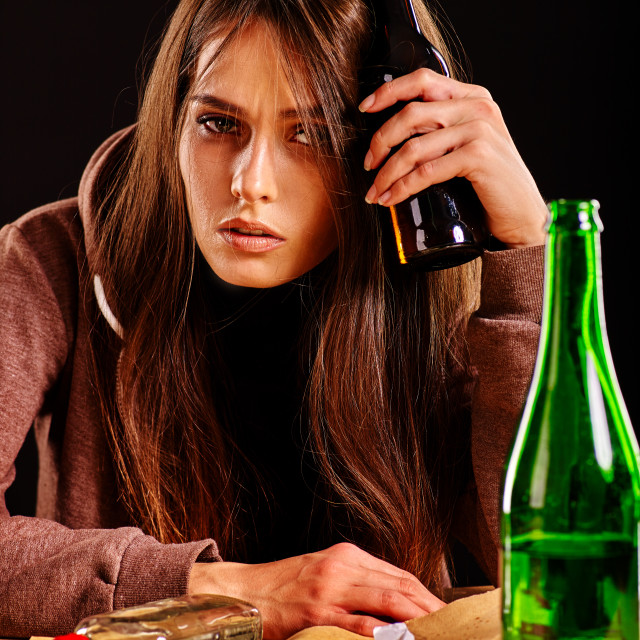 Under the influence of alcohol, people forget about all the problems, feel more confident, look at life with different eyes. But it must be remembered that the effect of alcohol ends sooner or later, and the feeling of despair after that only intensifies. In addition, alcohol negatively affects the nervous system, thereby exacerbating depression.
Under the influence of alcohol, people forget about all the problems, feel more confident, look at life with different eyes. But it must be remembered that the effect of alcohol ends sooner or later, and the feeling of despair after that only intensifies. In addition, alcohol negatively affects the nervous system, thereby exacerbating depression.
As a rule, if you do not control the dose of alcohol you drink, the “treatment” with alcohol will not be limited to one drink. Suffering once again from a hangover syndrome, complaining of weakness, malaise, headache, a depressed person tries to draw attention to himself, arouse pity and sympathy from the people around him. Not receiving, as it seems to him, due attention, he will again flood his suffering from misunderstanding with alcohol. Thus, a vicious circle is obtained, a way out of which can only be found by a specialist, that is, a psychologist.
In some cases, alcohol during depression can lead to tragic consequences. A drunken "sea is knee-deep", therefore a person who has had suicidal thoughts more than once in his head is capable of committing suicide while intoxicated.
A drunken "sea is knee-deep", therefore a person who has had suicidal thoughts more than once in his head is capable of committing suicide while intoxicated.
Alcohol as a cause of depression
But is there an inverse relationship between alcohol and depression? Yes, alcohol also affects the occurrence of depression, as depression affects the development of alcoholism treatment. It is known that alcohol changes the chemical composition of the brain, and this contributes to the onset of depression. It is also known that people who regularly take high-grade drinks often have conflicts in the family and at work, memory deteriorates, problems appear in their sexual life, and all this is accompanied by stress, which in turn leads to depression.
It must be remembered that alcohol is not a solution. By encouraging yourself with alcoholic beverages, you not only run the risk of becoming addicted to alcohol, but also completely losing your taste for life.
There are many causes of depression: bad weather, problems at work or in your personal life, dissatisfaction with your figure, lack of creativity, etc.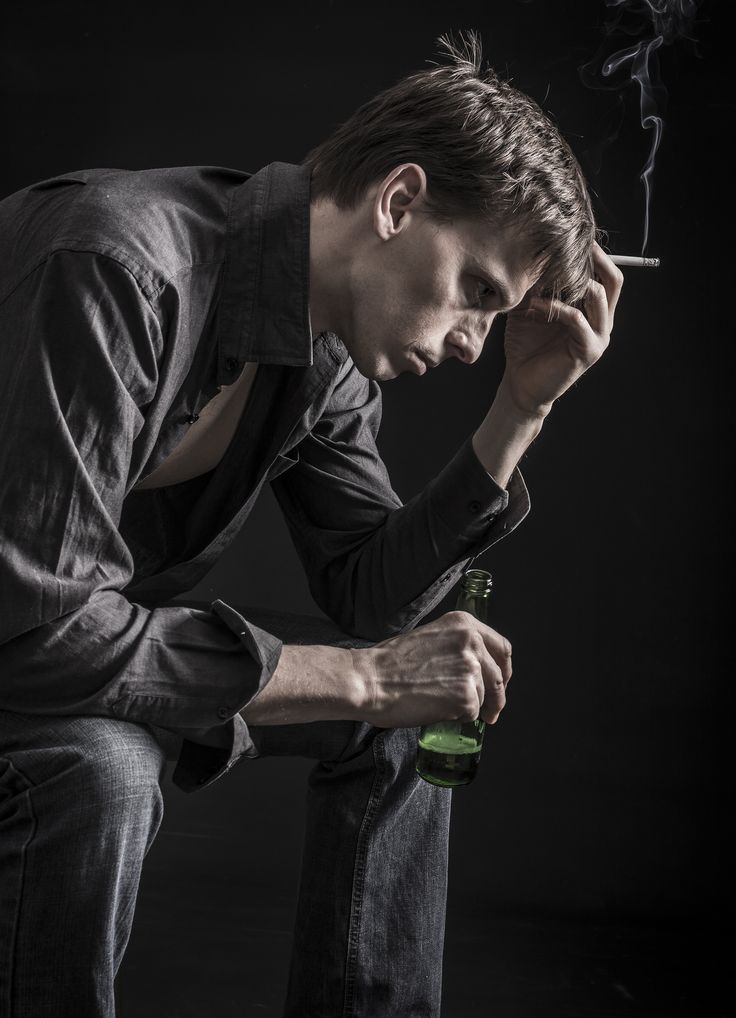
It is best to prevent depression at the very beginning of its inception. First you need to believe that you control your emotions, not they control you.
Recipes for depression
How can you keep your spirits high and not get discouraged? Here are some recipes for depression:
- Good lighting. Most often, depression catches us in the fall or winter. This is not at all strange: it is at these times of the year that we experience a lack of sunlight, which affects the mood. So do not save on light, try to make it brighter at work and at home.
- Meeting with friends. A good company has never bothered anyone, the main thing is that it should be cheerful and be able to distract you from negative thoughts, setting you on a positive one. In the circle of close people you will not be sad and lonely.
- Favorite occupation. Each of us has a favorite pastime: some like to draw, others like to read, others prefer to watch movies. Your main task is to escape from boredom and monotony.
 Therefore, feel free to pick up a pencil, your favorite book or sit down to watch your favorite movie. Just remember one thing - the movie or book must be fun (horror, dramas and thrillers are cancelled).
Therefore, feel free to pick up a pencil, your favorite book or sit down to watch your favorite movie. Just remember one thing - the movie or book must be fun (horror, dramas and thrillers are cancelled). - Change of scenery. It's never too late to try something new: rearrange your home or start a renovation. Believe me, even minor changes can help you look at life with different eyes. This applies to new activities, and even to a change in daily routine.
- Physical activity. Go in for sports or just try to move more, even ordinary walking will do. As you know, small physical activity contributes to raising the mood and improving the figure.
- Gift for yourself. Give yourself a nice gift, like treating yourself to your favorite food or shopping for clothes.
- Another attitude to life. Try to look at life from the other side: take some things with humor, try to find something good in every situation, do not be vindictive and vindictive, do not envy, believe in yourself and remember that you are worthy of happiness.
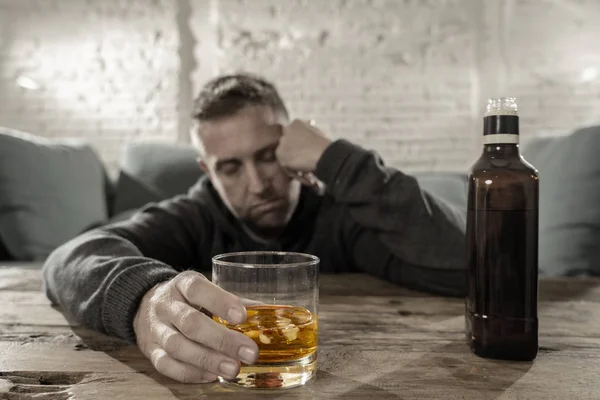
There are so many interesting things in life that it is just a shame to spend it on despondency and sadness. Therefore, find joy in the little things more often, and do not forget that your happiness is in your hands.
The editors would like to thank the specialists of the medical center "AlcoMed" for their help in preparing the material.
References
- Ng SY., Soh BS., Rodriguez-Muela N., Hendrickson DG., Price F., Rinn JL., Rubin LL. Genome-wide RNA-Seq of Human Motor Neurons Implicates Selective ER Stress Activation in Spinal Muscular Atrophy. // Cell Stem Cell - 2015 - Vol17 - N5 - p.569-84; PMID:26321202
- Wang L., Wei F., Liu S., Wan Y., Chen N., Cui S., Zhong R., Huang Y. Can Modified Kurokawa's Double-Door Laminoplasty Reduce the Incidence of Axial Symptoms at Long-term Follow -up?: A Prospective Study of 152 Patients With Cervical Spondylotic Myelopathy. // J Spinal Disord Tech - 2015 - Vol28 - N4 - p.E186-93; PMID:25611142
- Aznar Lucea J.
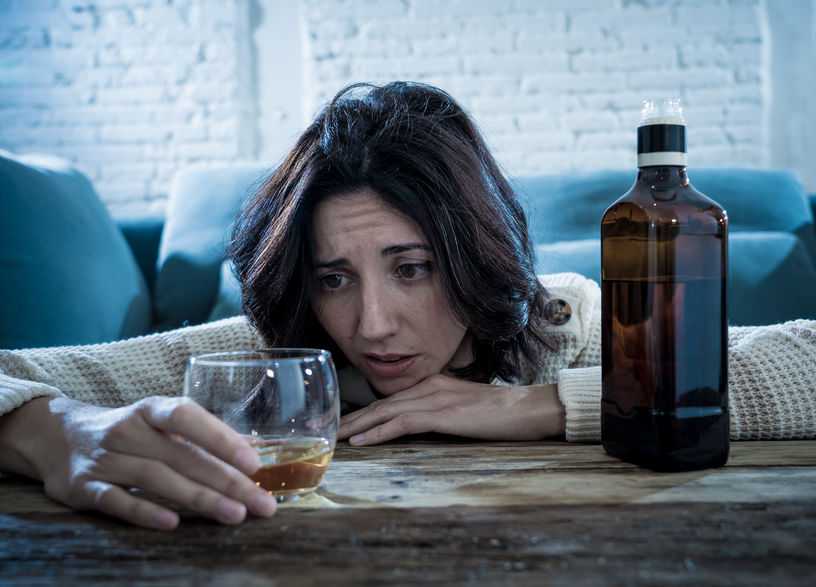 Umbilical cord blood banks. ethical aspects. Public versus private banks. // Cuad Bioet - 2013 - Vol23 - N78 - p.269-85; PMID:23130743
Umbilical cord blood banks. ethical aspects. Public versus private banks. // Cuad Bioet - 2013 - Vol23 - N78 - p.269-85; PMID:23130743
Alcoholic depression - symptoms, causes, diagnosis and treatment of alcoholic depression
Article reviewed by an expert:
MAKE AN APPOINTMENT
Alcoholic depression is an affective disorder that occurs in people suffering from alcoholism. Usually lasts from 2 weeks to 1 month. The maximum severity of symptoms is usually observed during the development of withdrawal symptoms. This condition often occurs after an exit from alcoholic psychosis, it can also develop during periods of binges and remissions. It is accompanied by a decrease in mood, longing, a feeling of guilt, uselessness and uselessness. Suicidal thoughts and actions are possible. The diagnosis is exposed on the basis of the anamnesis and clinical manifestations. Treatment is drug therapy combined with psychotherapy.
Alcoholic depression - what is it?
Depression in alcoholism was described by Bleuler in 1920 under the name "alcoholic melancholia". Subsequent studies have confirmed both the presence of specific depressive and subdepressive conditions in alcoholics, and the complex, diverse links between alcoholism and depressive disorders. The frequency of development of the disease and the severity of symptoms directly correlates with the duration and severity of alcoholism. Middle-aged and elderly patients suffer from a depressive disorder more often than younger ones. Most of the patients are people over 40 years of age.
The average duration of post-alcoholic depression in alcoholism ranges from 2 weeks to 1 month. In severe cases, symptoms may persist for a year or more. The duration of the disease depends on the psycho-emotional characteristics, character traits, features of the constitution and the state of the body of patients. Women suffer more often than men, but in men, depression is more severe and is more often complicated by suicide attempts. The aggravation of male depression is facilitated by the fact that the representatives of the stronger sex rarely seek medical help during the development of the disease. Treatment of depression in alcoholism is carried out by specialists in the field of narcology, psychotherapy and psychiatry.
The aggravation of male depression is facilitated by the fact that the representatives of the stronger sex rarely seek medical help during the development of the disease. Treatment of depression in alcoholism is carried out by specialists in the field of narcology, psychotherapy and psychiatry.
Causes of alcohol depression
Depression in alcoholism is a multifactorial disease. A whole range of circumstances leads to its development, including changes in general metabolism, disruption of brain receptors, personality changes, characteristic mental and somatic disorders, uncontrolled craving for alcohol, withdrawal phenomena when drinking alcohol is stopped, social and domestic problems. Narcologists constantly have to deal with alcoholic depression that develops in various clinical situations.
Alcoholic depression is part of the symptom complex of deprivation syndrome, acute alcohol intoxication, binge drinking and uncontrolled craving for alcohol. The most common cause of depressive mental disorder in alcoholics is withdrawal symptoms. Mental suffering of patients is provoked by severe physical and psychological discomfort and social problems, combined with a pathological need for alcohol.
The most common cause of depressive mental disorder in alcoholics is withdrawal symptoms. Mental suffering of patients is provoked by severe physical and psychological discomfort and social problems, combined with a pathological need for alcohol.
Several bouts of depression occur in patients undergoing treatment for alcoholism in specialized clinics. In the initial stages of therapy, such patients develop a "sobriety phobia" - a pronounced fear of the possibility of life without alcohol. This stage is accompanied by a kind of mourning, due to the loss of alcohol. The second wave of depression is usually observed before the discharge of patients from the hospital, at the stage when the person no longer suffers from the consequences of intoxication. Longing for alcohol and psychological problems come to the fore.
Sometimes depressive disorders develop against the background of remission, when a person feels lost, unable to fit in, “fallen out” of the normal rhythm of life and social environment, suffering from changes in habitual patterns of behavior, forced to solve numerous problems that arose during the period of alcoholism, without having enough external support and internal reserves.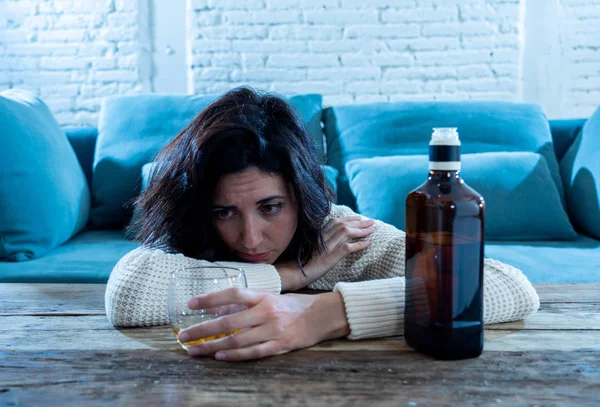 Such depressions can cause a breakdown and further alcoholization of the patient.
Such depressions can cause a breakdown and further alcoholization of the patient.
It should be borne in mind that the premorbid background is of some importance in the development of alcoholism. Even before the start of alcohol consumption, many patients have an increased tendency to mood swings, the development of asthenic conditions, depressive neurosis, subdepression and all kinds of borderline disorders. As alcoholism develops, this tendency is aggravated and aggravated due to secondary psycho-emotional and personality changes. There are also complications and neurosis after a complete rejection of alcohol.
Symptoms and differential diagnosis of alcohol depression
Symptoms of depression in alcoholism are usually mild. Severe affective disorders are relatively rare. The mood is constantly depressed, the patient suffers from a feeling of emptiness and meaninglessness of existence. There is a feeling of loss of colors, the emotional colorlessness of the world, characteristic of depressive disorders. This perception causes depression and anxiety. Anhedonia develops - a person loses the ability to rejoice, cannot enjoy.
This perception causes depression and anxiety. Anhedonia develops - a person loses the ability to rejoice, cannot enjoy.
Psychological changes are combined with motor and intellectual retardation. Gait and movements slow down, the voice becomes quiet, monotonous. Mimic diversity disappears, the patient's face almost constantly retains a sad expression. The patient is in a state of inactivity for a significant part of the time, responds to questions with a delay, has difficulty trying to understand someone else's thought or instruction. It is difficult for him to think and formulate statements.
Hallucinations and delusions are usually absent. Often there are overvalued ideas of one's own guilt, uselessness, uselessness, fatal inadequacy and inadequacy. There is a tendency to self-abasement and self-accusation. The future looks bleak, hopeless, unpromising. Some patients consider some of their own previous actions as a serious crime.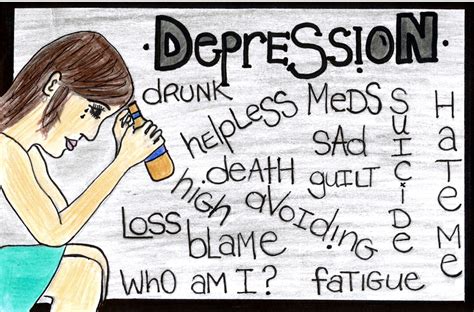 Many patients have thoughts of suicide, suicide attempts are possible. Sometimes (mainly in older patients) alcoholic depression is combined with increased anxiety.
Many patients have thoughts of suicide, suicide attempts are possible. Sometimes (mainly in older patients) alcoholic depression is combined with increased anxiety.
Alcoholic depression is differentiated from other depressive disorders and conditions that include individual symptoms of depression. Unlike a depressive disorder, "drunken grief" is not accompanied by a sense of the colorlessness of the world and the loss of the ability to feel a variety of emotions. This state arises on an "emotional wave" and passes within a few hours, occasionally - several days.
Separate elements of depression are often observed in withdrawal syndrome, but, unlike real alcoholic depression, they disappear after abstinence from drinking alcohol for 1-3 days. Reactive depression on the background of alcoholism in patients develops against the background of severe traumatic events (death of a relative, divorce, etc.); with alcoholic depression, there are no such events in the recent past of patients.